SLC S21 Week 1 - A Comprehensive guide to Herbal Medicines
I am @hudamalik20 from Pakistan. How are you all ?. I hope you all are well and doing great in your life .Today I am participating in this SLC S21 Week 1 - A Comprehensive guide to Herbal Medicines organized by @afzalqamar .So let's start.
Research Assignment: Research and write a history of herbal medicine in your culture or region.
In my country, Pakistan, and throughout Asia, herbal medicine has a very long history. People have been usinng herbal remedies for many years to treat their illnesses. These remedies are made from plants, leaves, and herbs, helping to cure many diseases with feewer side effects compared to modern medicines.
In our region, two main types of herbal medicine are widely used: Ayurvedic and Unani medicine. Both of these systems have been around for a long time and provide natural ways to heal.
There are many old recipes that have been passed downn through generations, use natural herbs to treat different health issues. These herbal treatments are known for having less harmful effects on our bodies.
When we look back at their history, we can see that herbal medicine has been popular in our area for many years. When Islam began to spread in our continent, many new ideas about herbal medicine came into our culture. Scholars who traveled to our region introduced us to various Unaani medicines.
These medicines are based on ancient Greek and Persian practices. One of the most famous scholars was Ibn Sina, I have read about hm in my 9th class science books, where his contributions to medicine were written..
Ibn Sina traveled to many areas to spread Islam and share his knowledge about herbal medicine. He educated people about different treatments and cured many diseaseas through his expertise in herbal remedies. His work made herbal medicine very popular in our region.
He wrote numerous books on medicine, those are still referenced by nowadays modern Hakims . These ancient texts are still used tiday, shows the lasting impact of his work on herbal treatments.
As herbal medicine grew in popularity, many traditional healers known as Hakims are there. These Hakims use old knowledge to prepare herbal medicines and they play an essential role in our health care system, as many people still rely on them for treatment.
Even today, there are many people who trust herbal remedies over modern medicine, especially when conventional treatments do not help with certain conditions.
From my own experience, I have seen how effective herbal medicine can be. I often faced problems with a sore throat and chest issues. I tried many English medicines and syrups, but they only worked temporarily. My throat problems would return as soon as I stopped taking them.
Then, someone suggested visiting a Hakim. When I went to him, he quickly identified my issue and gave me herbal remedies that he prepared himself. I starteed feeling better within a week, and after a month of using these herbal treatments, my throat was completely healed.
These herbal medicines are not very expensive, making them accessible for many people in our region. These hakims continue to use their knowledge to create herbal treatments that help many individuals.
Create a table comparing the benefits and side effects of modern medicines vs. herbal medicines for common ailments (e.g., cold, headache).
| Ailment | Type | Recommended Medicines |
|---|---|---|
| Cold & Cough | Modern Medicine | Decongestants (e.g., pseudoephedrine), Antihistamines (e.g., diphenhydramine), Cough suppressants (e.g., dextromethorphan) |
| Benefits | Rapid relief from symptoms, clears nasal passages, suppresses cough | |
| Side Effects | Drowsiness, dry mouth, potential for dependency | |
| Herbal Medicine | Honey, ginger tea, thyme tea | |
| Benefits | Boosts immune system, soothing for cough | |
| Side Effects | Longer to show effects, possible allergic reactions | |
| Headache | Modern Medicine | Pain relievers (e.g., ibuprofen, aspirin), Triptans for migraines |
| Benefits | Quick pain relief, effective for various headache types | |
| Side Effects | Stomach irritation, risk of rebound headaches | |
| Herbal Medicine | Peppermint oil, feverfew, willow bark | |
| Benefits | Natural anti-inflammatory, helps relax muscles | |
| Side Effects | Allergic reactions, varying effectiveness | |
| Fever | Modern Medicine | Acetaminophen (e.g., Tylenol), Ibuprofen (e.g., Advil) |
| Benefits | Rapid reduction of fever, alleviates discomfort | |
| Side Effects | Liver damage risk with high doses, stomach upset | |
| Herbal Medicine | Elderflower tea, ginger tea | |
| Benefits | Supports immune function, gentle on the body | |
| Side Effects | Longer to reduce fever, variable efficacy | |
| Digestive Issues | Modern Medicine | Antacids (e.g., Tums), Laxatives (e.g., bisacodyl) |
| Benefits | Fast relief from symptoms, targeted treatments | |
| Side Effects | Dependency risk with laxatives, gas and bloating | |
| Herbal Medicine | Peppermint tea, ginger tea, fennel seeds | |
| Benefits | Gentle on the stomach, promotes gut health | |
| Side Effects | Delayed benefits, possible digestive upset | |
| Anxiety | Modern Medicine | Benzodiazepines (e.g., lorazepam), SSRIs (e.g., sertraline) |
| Benefits | Quick relief for anxiety symptoms, effective for severe anxiety | |
| Side Effects | Dependency risk, withdrawal symptoms, dizziness | |
| Herbal Medicine | Chamomile tea, valerian root, ashwagandha | |
| Benefits | Natural calming effects, may reduce anxiety over time | |
| Side Effects | Mild drowsiness, varying effectiveness |
Choose 3 herbs from your kitchen like mint, ginger, or turmeric and list their health benefits. Mention the recipes where you have used these herbs.
In my kitchen, I use several herbs that have amazing health benefits and play an important role in traditional remedies. For example, turmeric (known as "haldi" in Urdu) is a yellow spice that’s a staple in most of our dishes. Not only does it add color and flavor to food, but it also has great healing properties.
When taken on an empty stomach mixed with warm water, it can improve skin health. I have tried turmeric milk when I had a sore throat, and it really helped soothe it. For wounds, we heat or roast turmeric a little and apply it directly on the affected area for faster healing.
Turmeric is also a good option when there’s pain or inflammation in the bdu my family and I rely on this for relief.
Black seed (kalonji) is a well known herb in our culture and is valued for treating many health issues.Our Prophet Muhammad (PBUH) said that black seed can cure everything except death, so it’s quite respected.
I eats a few black seeds with honey on an empty stomach to manage my stomach issues, and it’s really helped me.
I tried different medicines, but nothing worked until I started using black seed. Now, my digestion has improved, and I don’t experience the same health issues as before.
Ginger (adrak) is a must have in my kitchen because it’s highly effective for colds, sore throats, and general body aches. When my throat feels scratchy or sore, I make ginger tea, which provides quick relief.
This simple method works really well. Ginger is also fantastic when added to soups and other dishes for an extra layer of flavor. My brother and i also benefts from ginger when I have sore throat, I chews on a small ginger piece and finds that it helps me feel better.
Write about the different forms of the herbs.
Yes, herbs can be preserved in various forms to ensure they last longer or to use them fresh when needed. Each form offers its own convenience, making it easier to use herbs in different ways. Here are some of the main methods of preserving and using herbs:
1. Fresh Herbs – Fresh herbs like cilantro and mint are often picked straight from the plant and used immediately. Fresh cilantro and mint are commonly used in chutneys or added to dishes for a refreshing taste and aroma. These herbs not only enhance the flavor of food but also provide health benefits.
2. Dried Herbs – Many herbs can be dried to preserve them for longer. For instance, red chilies are dried in the sun, and turmeric is dried and then ground ento powder. Dried herbs like these can be stored for months and bring a rich flavor to dishes.
3. Powdered Form – Some herbs, such as turmeric and ginger, are also preserved in powdered form. This powdered form is easy to store and can be added to foods as needed. Besides being used in cooking, these powders are also beneficial for health remedies.
4. Essential Oils – Certain herbs can be processed into essential oils. For example, rosemary oil, which is beneficial for hair and skin, is extracted from dried rosemary leaves. Similarly, mustard oil, derived from mustard seeds, is used in cooking and is beneficial for both hair and skin.
5. Capsules – Many herbs are also preserved in capsule form, especially for medicinal use. These capsules are often created by herbalists and are convenient to consume with water, making herbal remedies easy to incorporate into daily routines.
Pick one herb and research any potential side effects and how to avoid them.
Here’s how you could answer this question in simple English, with a detailed response that includes personal experiences:
Yes, as I’ve mentioned before, turmeric has many benefits, but after doing some careful research and speaking to family members about their experiences, I learned that turmeric also has some potential side effects if not used properly.
1. Stomach Issues
One potential side effect of turmeric is stomach discomfort, especially when taken in high doses. For example, my uncle began drinking turmerc tea every morning on an empty stomach because a friend suggestd it could help with his joint pain.
After a few weeks, he noticed he was feeling more stomach discomfrt, particular whn he drank the tea on an empty stomach.After his friend advised him to reduce the turmeric dose.
He switched to adding just a pinch of turmeric in tea, and his stomach issues improved while still helping his joints.
2. Blood Thinning
Turmeric has natural blood thinning properties, which can increase the risk of bleeding. My aunt was already taking a blood thinner after her surgery, and she thought turmeric might reduce her inflammation.
She soon noticed more bruising on her body. When she checked with her doctor, she learned that combining turmeric with her blood thinning medication was increasing her bleeding risk. So, she stopped taking turmeric supplements, and the bruising reduced.
3. Iron Absorption Interference
Turmeric can interfere with iron absorption, which can be problematic for people with low iron levels. A friend of mine had anemia and started adding turmeric to her smoothies, hoping it would boost her immune system and clear her skin.
Her iron levels dropped further, and she felt tired all the time. After researching, she discovered turmeric was reducing her body’s ability to absorb iron. She decided to stop using turmeric in large amounts, especially with iron-rich meals, and her energy levels slowly returned to normal.
How to Avoid These Side Effects:
Use in Moderation: Keep the amount of turmeric small, like a pinch in food. High doses, especially on an empty stomach, may cause issues. My uncle found that switching from turmeric tea to just a bit in meals helped his stomach.
Avoid with Blood Thinning Medications: If you’re on blood thinning medications, it’s safer to avoid turmeric. My aunt learned this after noticing more bruises and confirmed with her doctor that it was due to turmeric.
Separate from Iron Rich Meals: If you have low iron, avoid turmeric around iron rich meals or supplements. My friend started using turmeric only occasionally, and her iron levels improved.
That's it from today's blog I hope you will like it. With best wishes ❤️. Now I like to invite @rumanaafroz, @yenny47 and @norat to participate in this amazing contest.
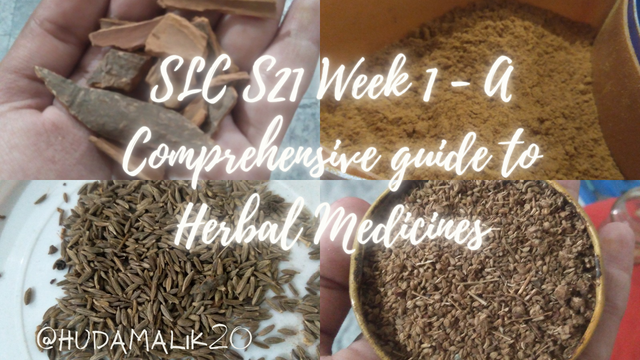

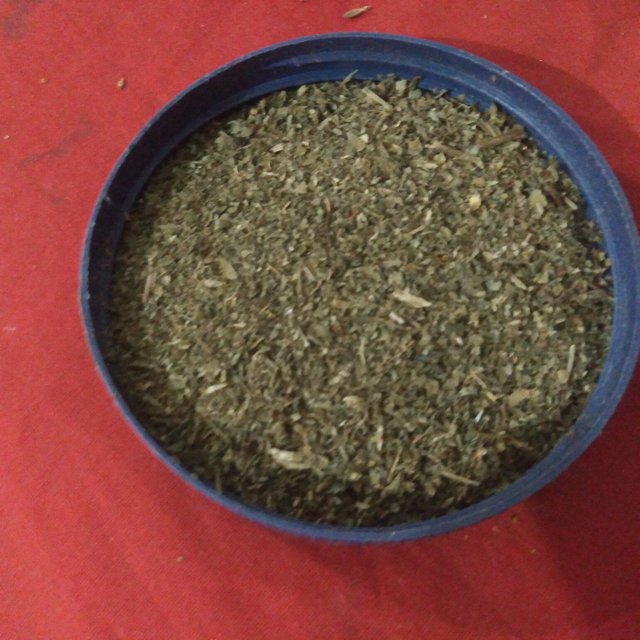
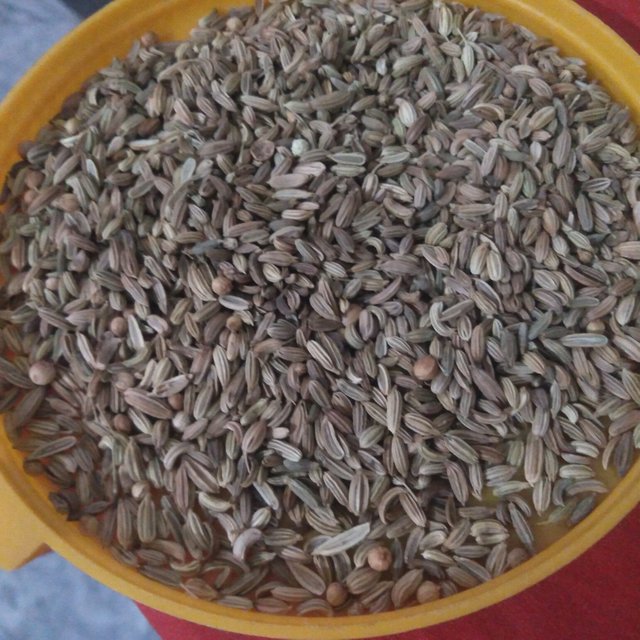
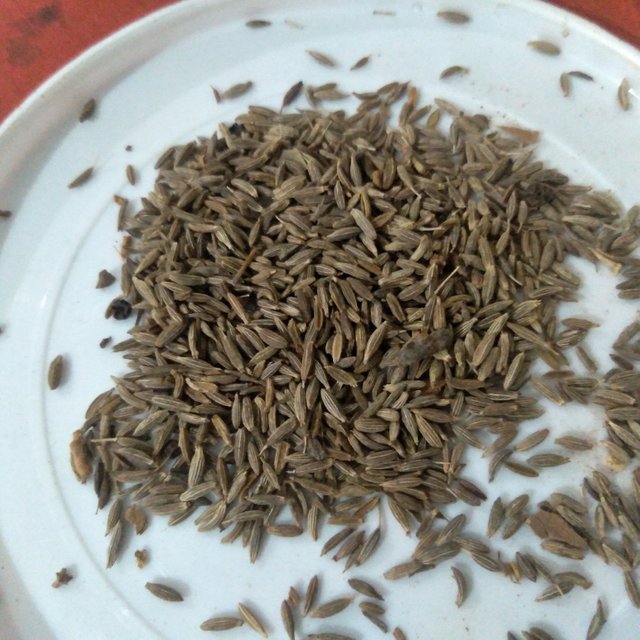
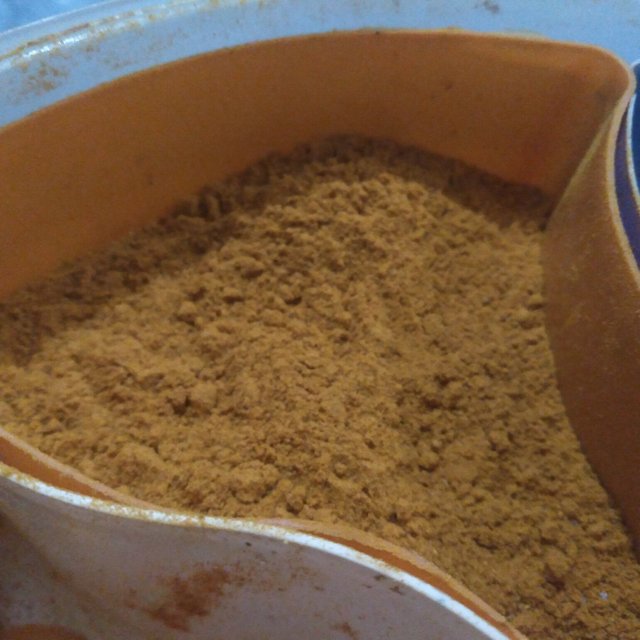
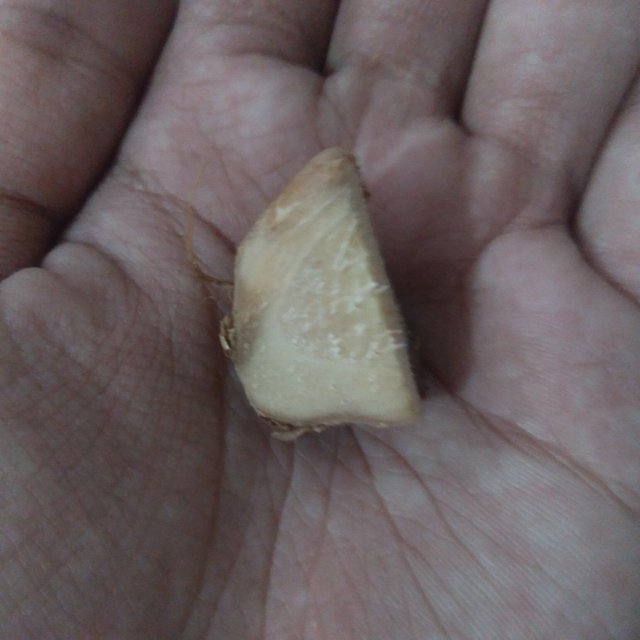
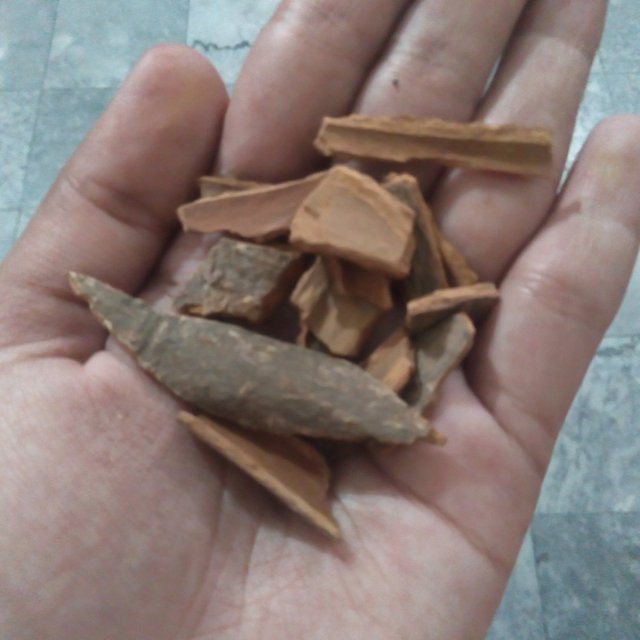
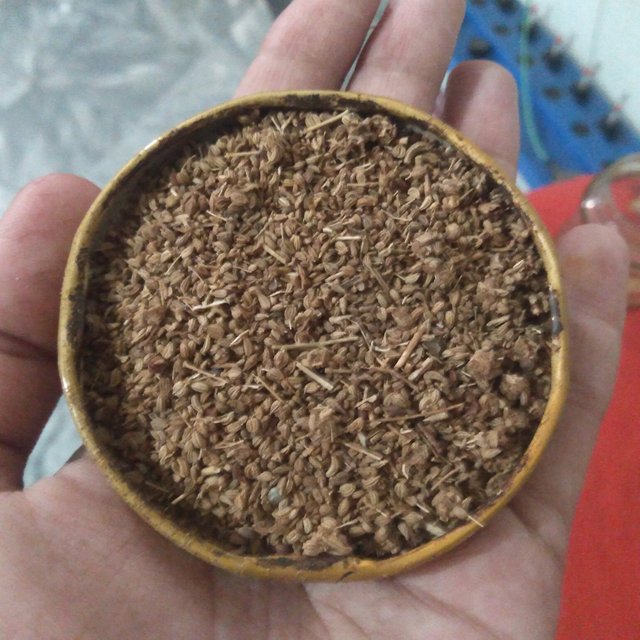
Hola
La medicina natural es una gran alternativa para mantener la salud en buenas condiciones.
Buen trabajo amigo bien documentado.
Exitos
Yes you are right mam these are best way to treat illness ,thanks for your support 🤗💞💐.